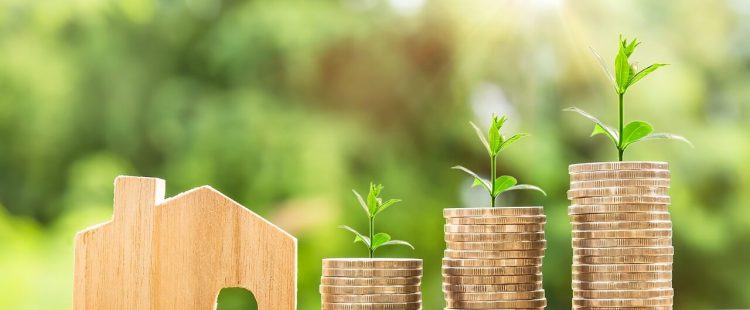Don’t get me wrong. Saving into a personal pension plan is one of the best ways to build your retirement fund. Not only do you get tax relief on what goes in, but it’s safely locked away until you’re at least 55 years old. And then there’s the 25% tax-free lump sum to look forward to.
However, many articles and online calculators equate pension savings with retirement savings. You might get the impression that you have to generate all your retirement income from your pension plan, and that other assets are purely for other things. This is the wrong way of looking at things.
Should You Always Save Via A Pension Plan?
In the past, the answer to this question used to be much easier: it was almost invariably “yes”. The tax relief advantage made it a no-brainer. Nowadays, you need to take into account not only annual allowances, which have reduced a lot, but also lifetime allowances. Both of these limit by how much you can, or should, fund your pension plan. If you’re on a low to moderate income, then it’s quite possible that these allowances won’t affect you. In that case, you should probably divert all your long-term savings into your pension plan.
If you’re a higher earner, you may need to be careful not to over-fund your pension plan. It might be that you’ll need to use some other form of long-term investments. This could include an ISA, a LISA (if you’re young enough), buy-to-let properties, unit trusts, etc. Some of these will offer tax advantages. Some may tie up your money more than others.
What Does Your Retirement Fund Consist Of?

When you actually retire, your net worth will probably include a broad mixture of assets. These could include not only your pension plan and other financial investments, but also your home if you own it. All of these can contribute to your retirement fund in different ways:
- Your pension plan can generate an income stream, using annuities or drawdown or both.
- You can use your financial investments for income and as a source of capital that can be sold for cash.
- If you own your own home, you can view it as a cushion against the uncertainties of later life. If necessary in the future, you could borrow against it, or perhaps even downsize.
The way in which you should prioritise each of these depends upon your tax situation, and the extent to which you hope to leave a legacy. For example, if leaving a legacy (other than to your spouse) is important, it may make more sense not to touch your pension fund, as this can be bequeathed tax free. Also, you may decide to spend more frugally, to avoid having to use your home to support your retirement.
On the other hand, if leaving a huge legacy is less important to you, it may make more sense to try to even out your taxable pension withdrawals over your lifetime. You may also be willing to spend more, knowing that your home’s value is there to support your retirement, should that become necessary.
Isn’t This Rather Complicated?
Yes, it certainly can be. We designed our intelligent financial calculator to take account of your total net worth, as well as your attitudes to risk and leaving a legacy. It also takes into account uncertainties in investment returns and in how long you might live. It helps you decide how much to invest in your pension plan, and how much you can afford to spend, both before and after retirement. The information it gives you can be an invaluable anchor point for organising your retirement plans.
